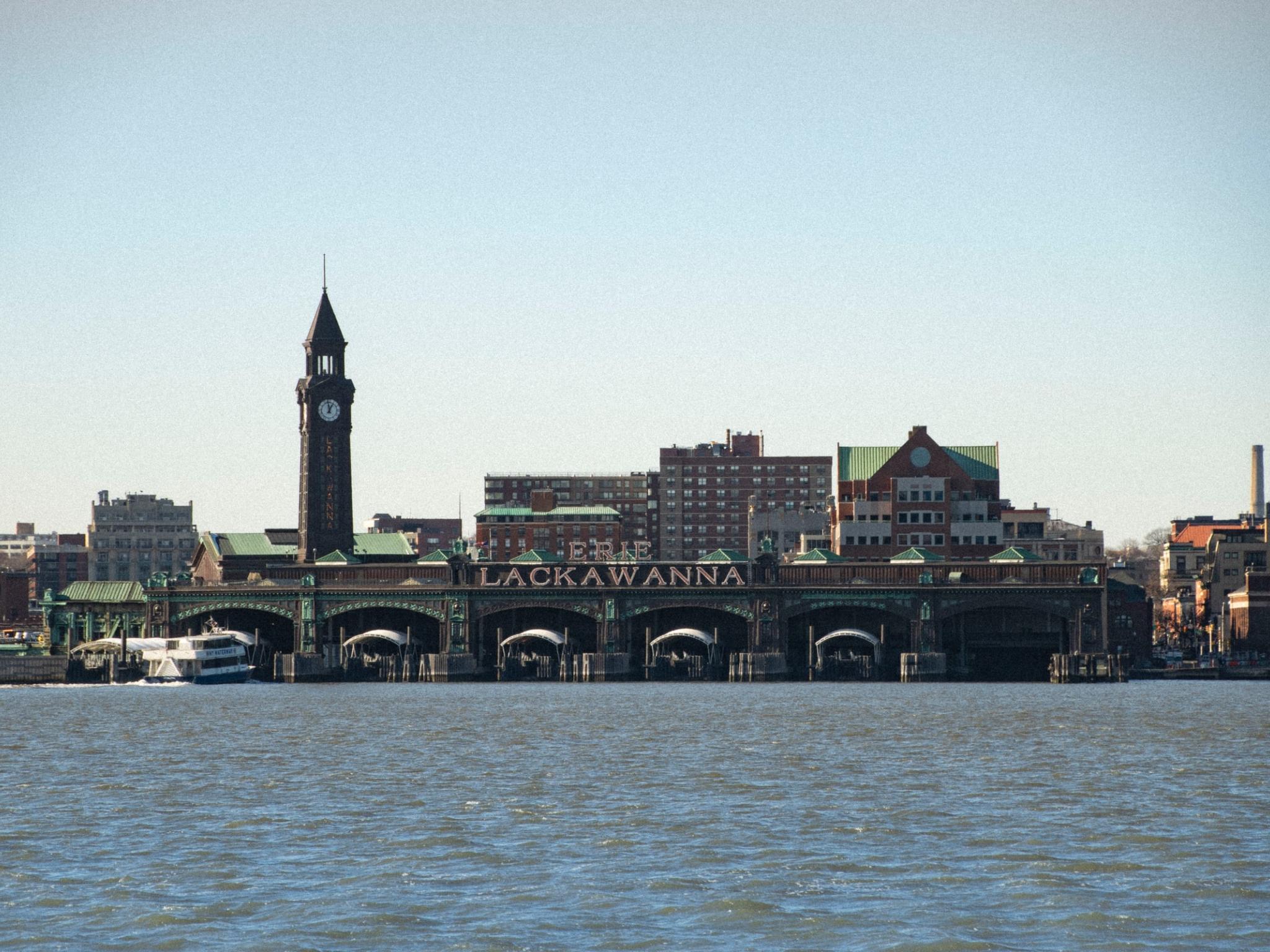
The New Jersey State Policy Lab at Rutgers University recently published a study that looks at the impact that legalized weed has had on people’s lives.
“This is the first study of its kind in New Jersey that assesses cannabis usage among the state’s population,” Charles Menifield, dean of Rutgers University-Newark School of Public Affairs and Administration and the study’s principal investigator told NJ.com.
“This report is critical to New Jersey setting a model similar to other states in recognizing that all people in the state are not the same, and by legalizing cannabis, its impact on different communities is going to vary,” said Menifield, who noted that the study will have ramifications on healthcare and educational outcomes, as well as public safety.
The study examines factors that are salient to cannabis usage to serve as a benchmark for future studies.
In addition, the report examines the evolution of the social justice component of legalization.
One of the main findings of the study is the "strikingly large disparities" in cannabis-related arrests by age and race. "There’s a need for more detailed reporting regarding social justice — especially among law enforcement metrics," Menifield said.
“In 2010, the number of arrests of black residents outnumbered the arrests of white persons by more than five times for selling marijuana. (...) The differences in arrest rates for cannabis possession were also high: in 2010, black residents were arrested at a rate that was three times higher than white residents. By 2019, black residents were four times as likely to be arrested when compared to white residents for possession of cannabis.”
The numbers concur with the ACLU, whose national study shows that while marijuana use is roughly equal among Blacks and whites, Blacks are 3.73 times as likely to be arrested for marijuana possession.







